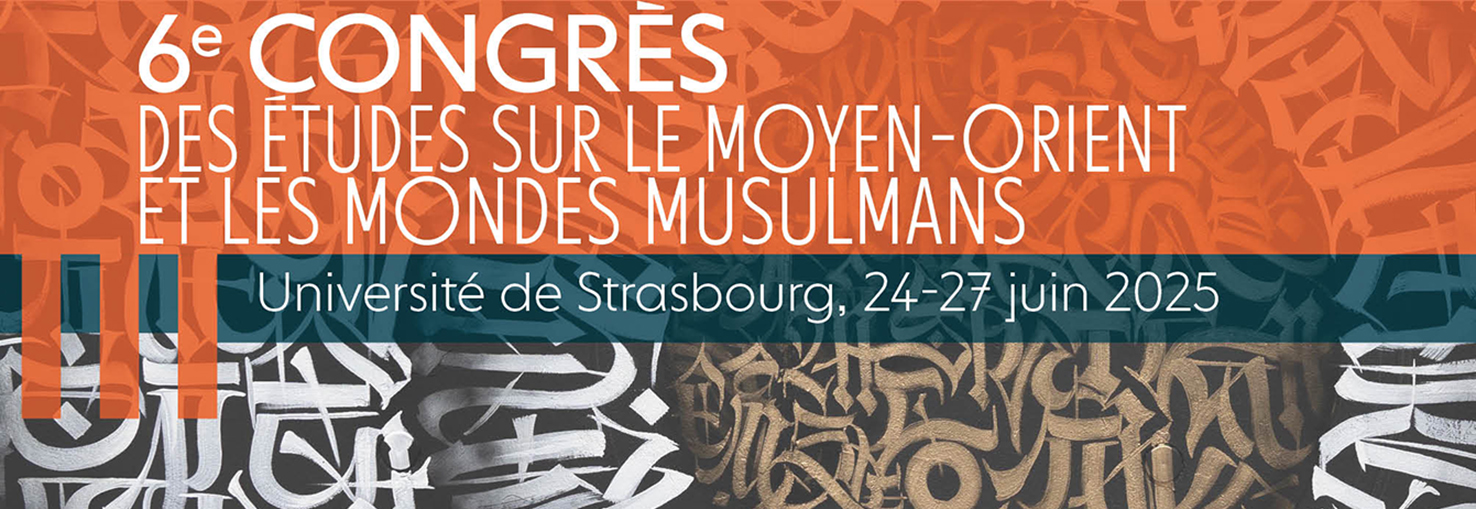La réception des littératures et des langues minoritaires aux marges de la Méditerranée, The Reception of Minor Literatures and Languages on the Margins of the Mediterranean
1 : Yeditepe University
(YTP)
2 : Inalco
CERMOMM
3 : Paris VIII (IFG)
Département de géographie
4 : Université de Monréal
(UdeM)
* : Auteur correspondant
Mercredi 25 juin 2025, 11h-13h, Salle 3220 > Changement de salle : 4103
RESPONSABLES ET INTERVENANTS :
Aysan Sonmez (Université Paris VIII, IFG) : Le répertoire multilingue et l'aire de diffusion du théâtre arménien ottoman
The multilingual repertoire and circulation territory of Ottoman Armenian theatre
Armen Donikyan-Tanikyan (CERMOM, Inalco, Université Yeditepe) : Une littérature mineure : L'expression turque des auteurs d'origine arménienne de la Turquie contemporaine
A minor literature: The Turkish expression of authors of Armenian origin in contemporary Turkey
Françoise Miquet (Université de Montréal) : Herkül Millas, traducteur-écrivain grec d'Istanbul
Herkül Millas, Greek translator-writer from Istanbul



